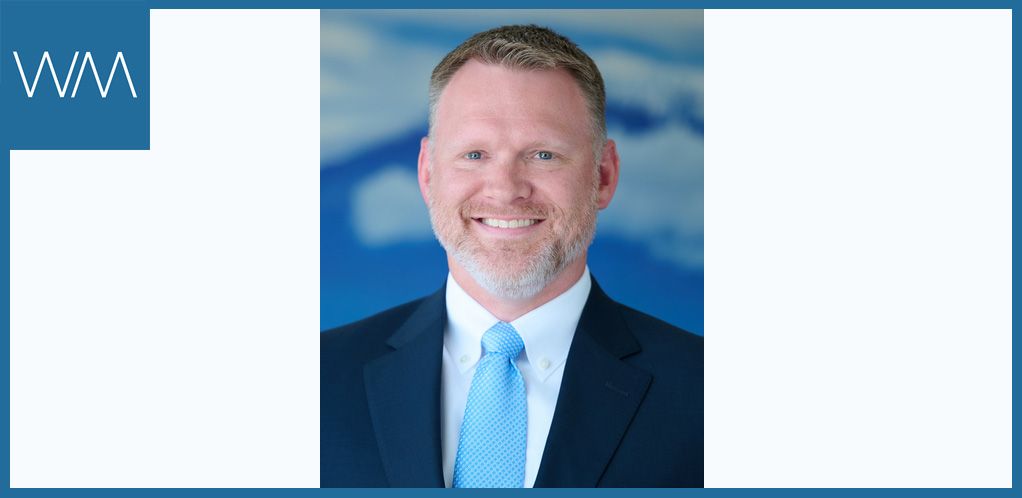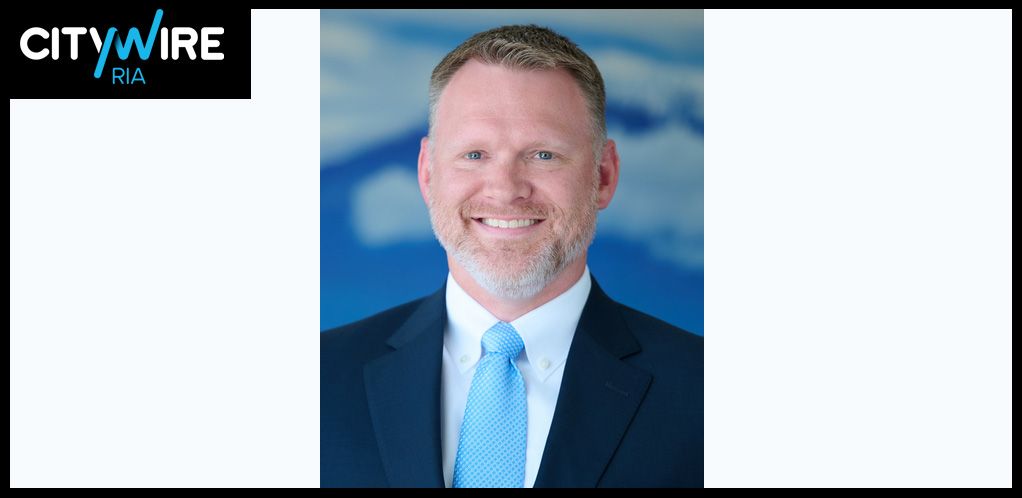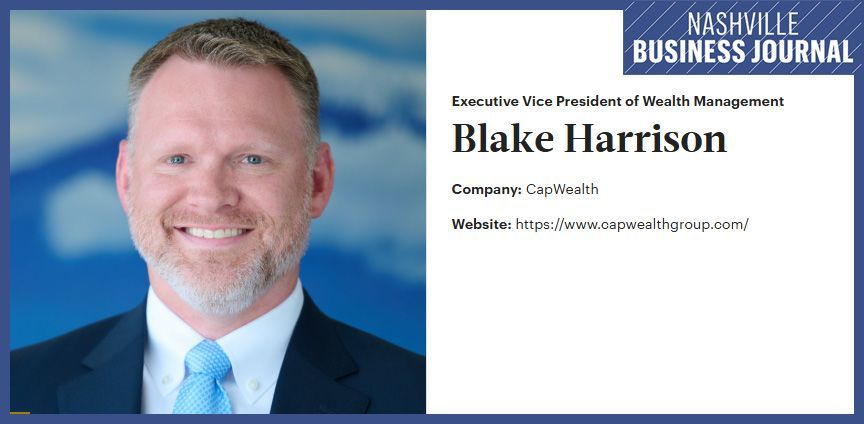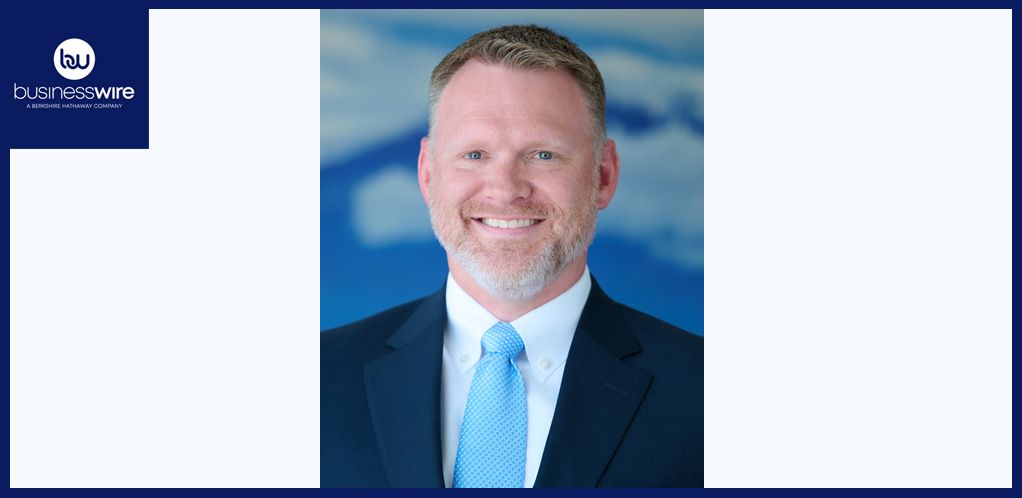Ask These Big Questions when Considering Retirement
April 22, 2022
Although there's no single path to a secure retirement, there are a few common questions that everyone can ask themselves before making the transition. After all, it's a big step that will likely change your day-to-day life in many ways. So, asking these questions can help you develop a clear picture of what to expect when the day arrives.

When do you want to retire?
Obviously, you're the only person who can answer this. And it all depends on what retirement means to you. Beyond not working, do you have a plan for your time? It's only natural to take some time to decompress – for most people, retirement is a reason to celebrate. But after that initial period of rest and recuperation is over, you'll want to start the next chapter of your life. That's when doubts can sometimes creep in. Will you get bored in the event that you retired too early? Will you regret it if you retire too late? This is where it helps to have a clear understanding of how you plan to spend your post-retirement days. It could be travel, a new hobby, volunteering, more time with family… a vision for how you'll spend your time beyond simply "not working."
Will you have enough to retire?
The answer naturally depends on how much you're withdrawing from your retirement accounts, and over how long a period. For decades, many people have abided by what's known as the "4% Rule" – a principle that suggests a 4% withdrawal rate, adjusted for inflation and rebalanced annually, could provide for a retirees' needs for the duration of an average retirement. (For example, that would mean an initial investment of $1 million could provide an annual retirement income of $40,000 over an average retirement term of 30 years.) This principle was based on research by financial adviser William Bengen, and has served as a benchmark for millions of Americans since first developed in 1994. Bengen has since adjusted his conclusions and now believes investors can safely withdraw as much as 4.5% annually.
While this is a great place to start, everyone’s situation is different. For example, depending on the individual’s age at retirement and therefore the remaining life expectancy, the “safe” rate may be higher or lower than 4.5%.
If you're concerned about having enough money set aside to ensure you won't outlive your retirement savings, it's a good idea to speak to a professional financial adviser. They can help you develop a plan and a process that will best use your savings over the long term.
How can I ensure that I’m smart with my money in retirement?
Once the “when” and “how much” questions are answered, the issue becomes one of “how?” This is a topic that can (and does) fill countless books, blog posts, and column newspaper inches with exhaustive explanations. But there are three primary questions that many near-retirees like to ask:
First, when should you have your mortgage paid off?
To start, what seems to make sense for most people is the peace of mind that comes with retiring without a mortgage. Unless an investor is very comfortable with having a mortgage in retirement, it may make sense to err on the side of peace of mind, and have the mortgage paid off before retirement.
Second, what impact with Medicare and Social Security have?
Medicare and Social Security are federal programs for Americans who are (generally) no longer working. Medicare provides health insurance, while Social Security provides monthly payments depending on the number of years you've paid into the system. While Medicare starts at age 65, you can choose to receive Social Security benefits as early as 62 or as late as 70. It’s important to remember that the longer you wait to receive Social Security, the higher the benefits will be.
Third, which investment accounts do I pull from first? And how are they taxed?
Generally speaking, people use their non-qualified (or non-retirement) accounts first. This allows retirement accounts to continue growing tax-deferred or tax-free. In the same way, once you begin accessing retirement accounts for distributions, the traditional (pretax) accounts are generally used first, allowing tax-free Roth accounts to continue growing. Again, depending on your income and relevant taxes, these rules may differ.
Retirement planning is an important and sometimes complex process, and these points just scratch the surface. But thoughtfully answering these and other questions can help you achieve a retirement filled with exciting possibilities instead of doubt. If you have additional questions you’d like answered, reach out to our professional team of financial experts today.
Hunter Yarbrough, CPA, CFP, is a vice president and financial adviser with CapWealth. He is passionate about taking a holistic view of personal finance, including investments, taxes, retirement, education, estate planning, and insurance. For more information about Hunter and CapWealth, visit
capwealthgroup.com.













